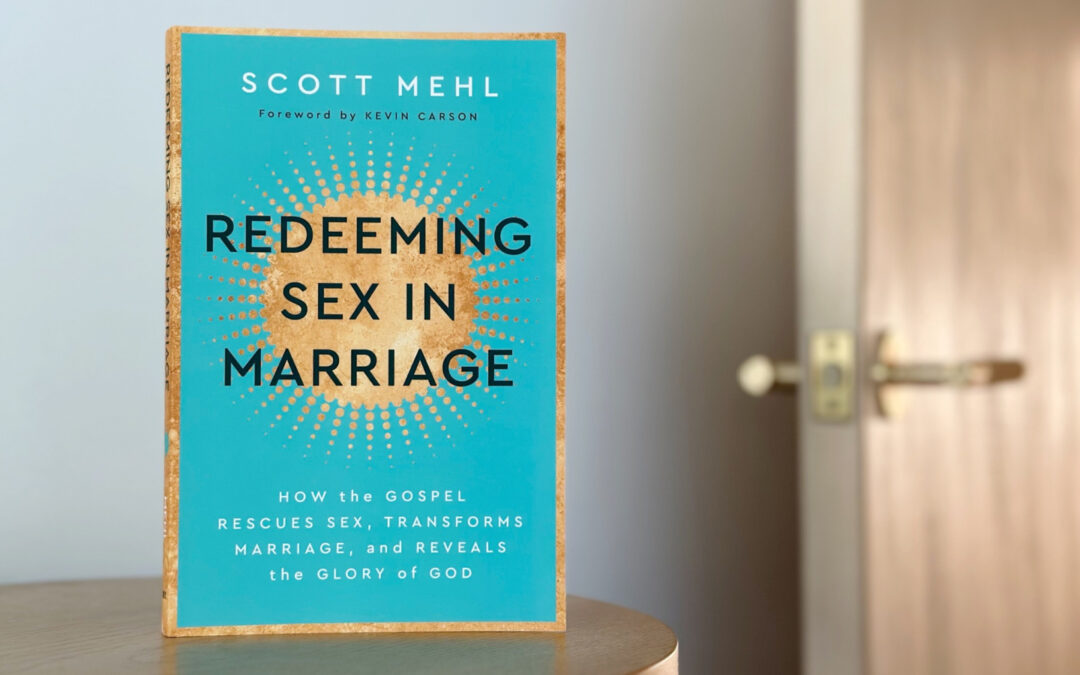by Greg Gifford, PhD
Relational tension soon follows people who are not aware of how they are influencing others. “I had no idea that upset you,” we might hear in one of those tense moments. Or, “if I had known that was a problem, I never would have done that.” How wonderful that a person is willing to learn and grow—that is always commendable! But what about the person who is able to perceive, early on, what would influence another and thus what to avoid? How much better!
I’ve been asked about “Emotional Intelligence” (EI) multiple times by those in my church and what the Bible would suggest in regard to EI. One of the main tenets of EI is the concept of “self-awareness” or the ability to “recognize a feeling as it happens.”[i] Inevitably you have witnessed this, a person can describe what they are experiencing in their inner man and how it affects others. And you, by now, have also experienced those who are seemingly clueless in regard to their own emotions and the impact of those emotions on others.
In 1 Corinthians 8, Paul describes the way that the Corinthians actions were influencing those around them. Paul stated in verse 7, “However, not all possess this knowledge. But some, through former association with idols, eat food as really offered to an idol, and their conscience, being weak, is defiled.” The problem was not food, the problem was a weak “conscience.” The term conscience can also be translated as “consciousness” and some have even argued, “self-awareness.”[ii] Thus, Paul is seeking to inform the weak conscience or consciousness through greater teaching about idols and food.
Paul seeks to inform the weaker brother in 1 Corinthians 8 that eating meat offered to idols is not inherently sinful. Furthermore, Paul does this by instructing about the nature of idols and food sacrifices (vv. 1, 4, 8) demonstrating these things in order to provide a greater awareness or knowledge. In this sense, Paul increases the self-awareness of the Corinthians through knowledge.
There are a few implications to note: (1) self-awareness is informed by the truth (v. 4, 7). We cannot deduce a right understanding of ourselves apart from God’s Word. (2) Growing in knowledge of the truth does increase self-awareness (v. 8): Paul suggests that knowing the truth about food helps one understand how/if to eat it. And (3) those with more self-awareness should be willing to forego certain things on behalf of their brothers in Christ (v. 13). When you have this type of knowledge, Paul would argue, you grow in love, not being “puffed up.” Imagine the relational implications of 1 Corinthians 8: grow in self-awareness so you grow in love for others!
____________
[i] Daniel Goleman, Emotional Intelligence (New York, NY: Bantam Books, 1995), 43.
[ii] “Sometimes, as in Rom. 2:15 and 13:5, it does seem to mean something like ‘conscience,’ the moral faculty that guides human action. But its root meaning is ‘awareness’ or ‘reflective consciousness.’” Ben Witherington III, Conflict and Community in Corinth: A Socio-Rhetorical Commentary on 1 and 2 Corinthians (Grand Rapids, MI: Wm. B. Eerdmans Publishing Co., 1995), 199.


